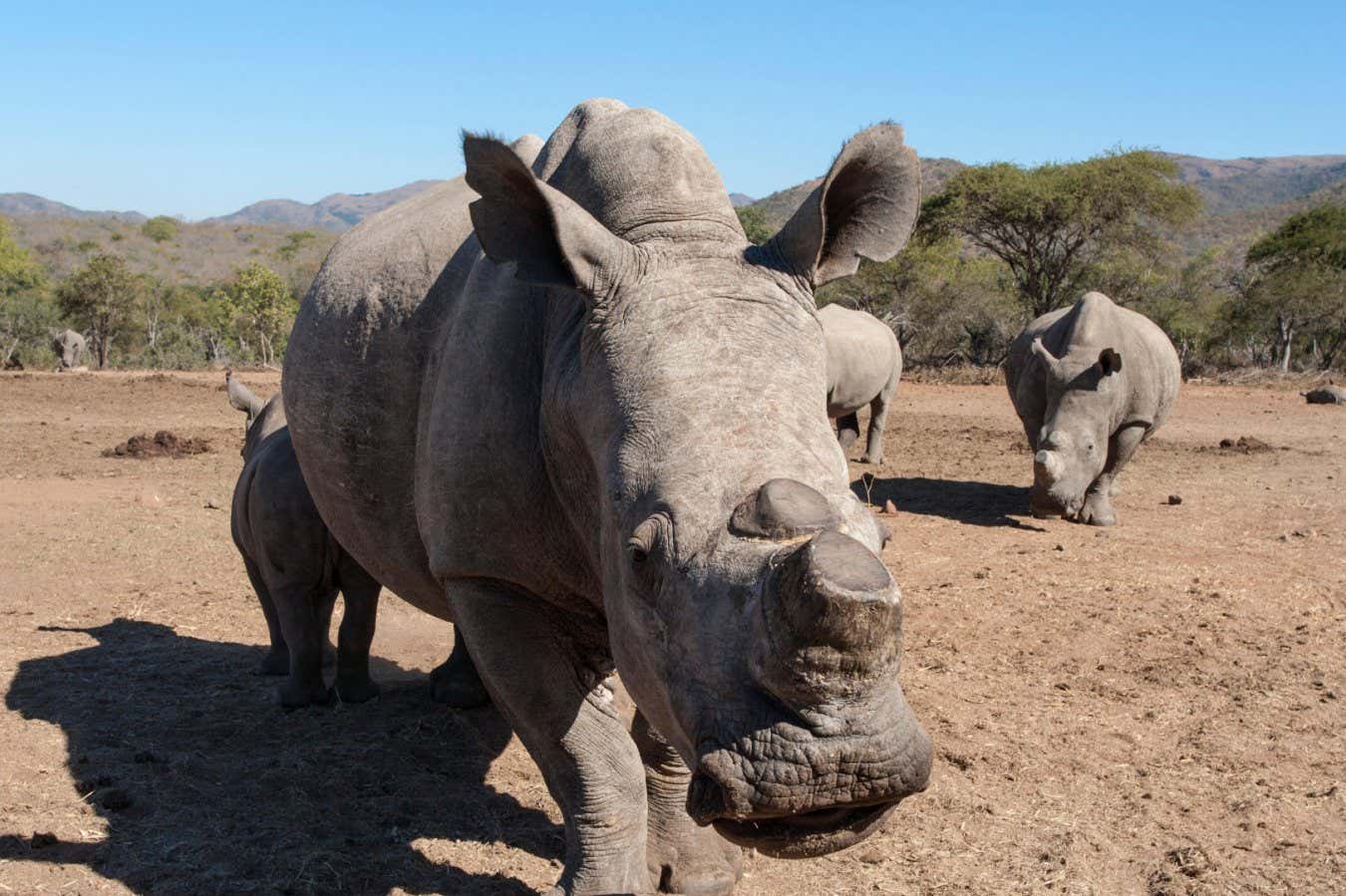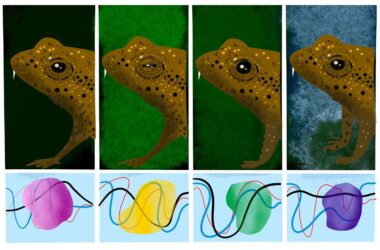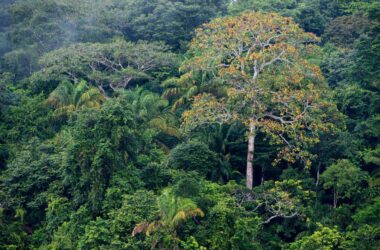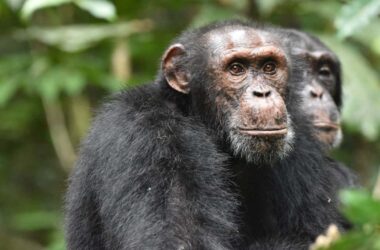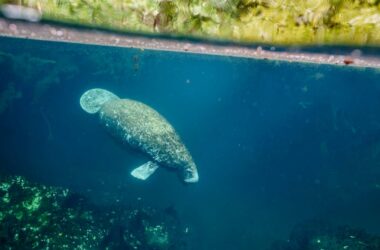A conservation group is embarking on a major rewilding initiative to release 2000 mostly captive-bred southern white rhinos across Africa. This represents about 15% of the total population of the species. The rhinos were raised on an 8500-hectare ranch in northern South Africa owned by John Hume, a businessman who had trimmed the horns off his live animals in anticipation of the international trade in rhino horn being legalised. However, when the trade remained illegal, Hume had to put his farm up for sale. African Parks (AP), a conservation group that co-manages protected areas in a dozen African countries, has acquired Hume’s rhino project, which is considered one of the most successful breeding programmes for a threatened species.
The rehoming of such a large number of rhinos is being hailed as one of the largest continent-wide rewilding efforts for any species. Once rewilded, these animals are expected to contribute to ecosystems by providing nutrient cycling, storing carbon, and increasing tourism revenue for local communities, according to Peter Fearnhead, the CEO of African Parks. The intervention by AP is seen as the best outcome by experts, as it allows for the progressive rewilding of the animals into well-managed parks to minimize the risk of poaching.
Private owners like Hume have played a crucial role in protecting and growing the southern white rhino population, which faced extinction less than a century ago. In 2021, South Africa had over 12,000 white rhinos, with more than 80% of them on private land. However, the rise in poaching has increased the cost of conservation and has made rhinos a liability in some cases.
While some question whether the term “rewilding” is appropriate for Hume’s animals, experts believe that releasing the captive-born animals into suitable habitats with adequate resources will lead to their successful adaptation. The vision of the rewilding initiative is to establish strategic populations of rhinos across the continent, including establishing new founder populations or supplementing existing ones.
In a previous effort, African Parks relocated 16 white rhinos from a private South African game reserve to Garamba National Park in the Democratic Republic of the Congo. Garamba, which was once home to northern white rhinos, a subspecies now functionally extinct, has now become a habitat for southern white rhinos.
Garamba National Park is expected to receive a significant number of the rhinos from Hume’s project in the near future. Overall, this rewilding initiative is a crucial step towards protecting and preserving the endangered southern white rhino population in Africa.




